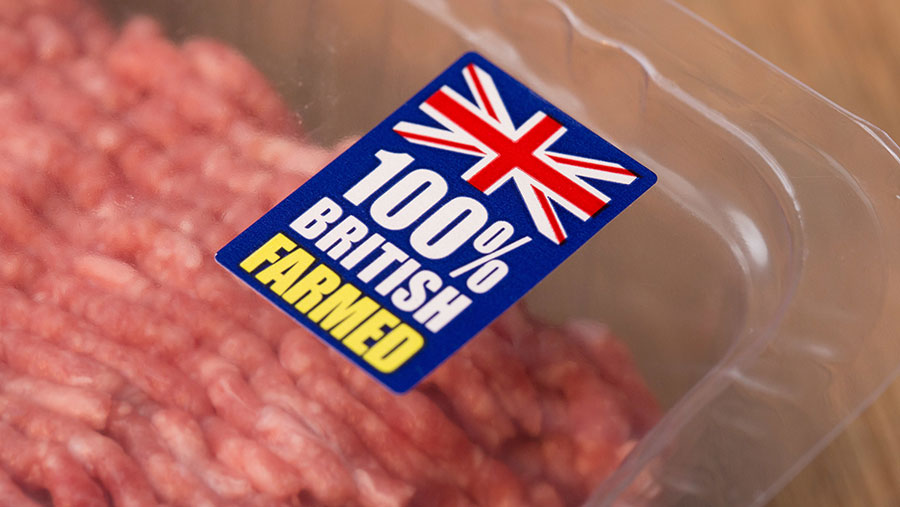Farming industry welcomes UK joining CPTPP with boost for exports
 © Tim Scrivener
© Tim Scrivener Industry bodies have cautiously welcomed the move by government to join the Comprehensive and Progressive Agreement for Trans-Pacific Partnership (CPTPP).
Improved access to the 11 countries in the trade bloc is expected to provide significant opportunities for UK farming.
However, there are still concerns around the finer details of the agreement and import standards.
See also: More cash for farm trade watchdog to scrutinise Pacific deal
Fears also remain on what impact preferential access for major exporting countries such as Canada and Mexico to the UK market will have for UK farmers.
CPTPP will account for about 15% of global GDP once the UK joins, and more than 99% of UK goods will be able to be exported with zero tariffs to the other countries inside the partnership.
Prime minister Rishi Sunak said the UK is now in a prime position in the global economy to seize opportunities for new jobs, growth, and innovation.
Farming reaction
NFU president Minette Batters said joining the trade bloc could provide some good opportunities to get more British food on plates overseas.
Mrs Batters added: “Compared to the deals struck with Australia and New Zealand, I am pleased to see that the prime minister has stuck to his word and the government has negotiated a far more considered and balanced outcome, particularly with respect to managing market access in our most vulnerable sectors.
“I will continue to press government to ensure its domestic policies are aimed at improving the competitiveness of British farming and strengthening our domestic food security.”
The NFU leader said she was pleased the government was maintaining its commitment to food safety standards.
“It is an absolute red line for us that food produced using practices that are illegal here – for instance, the use of hormones in beef and pork production, and chemical washes for carcasses – should not be allowed on our market.”
Country Land & Business Association (CLA) president Mark Tufnell said the deal was a bold and ambitious step forward for the UK’s trade policy, but warned the “devil will be in the detail”.
Mr Tufnell said: “The UK produces world-class food and drink to some of the highest environmental and animal welfare standards found anywhere in the world.
“These countries will want to buy British produce, and they will now find it easier to do so. As always with such negotiations, the question is what the UK has to give away to secure such opportunities.”
Protecting domestic standards
George Dunn, Tenant Farmers Association (TFA) chief executive said: “While most analysts consider the impact of the UK accession to the CPTPP will be marginal for UK agriculture, it is important to place this in the context of the trade deals already in place with Australia and New Zealand.
“Those deals set a bad precedent in terms of the protection of our domestic standards of production, particularly for beef and lamb.
“The TFA believes more still needs to be done to ensure that our domestic standards are not undermined through trade.
“While the agreement within the CPTPP to permanent tariff-rate quotas for beef and pork is to be welcomed, it is disappointing that there is no mechanism to ensure that we can keep out lower quality products.
“In all our trading relationships, the UK government must also take a much more proactive stance in supporting the industry in promoting exports of British farm produce.”
